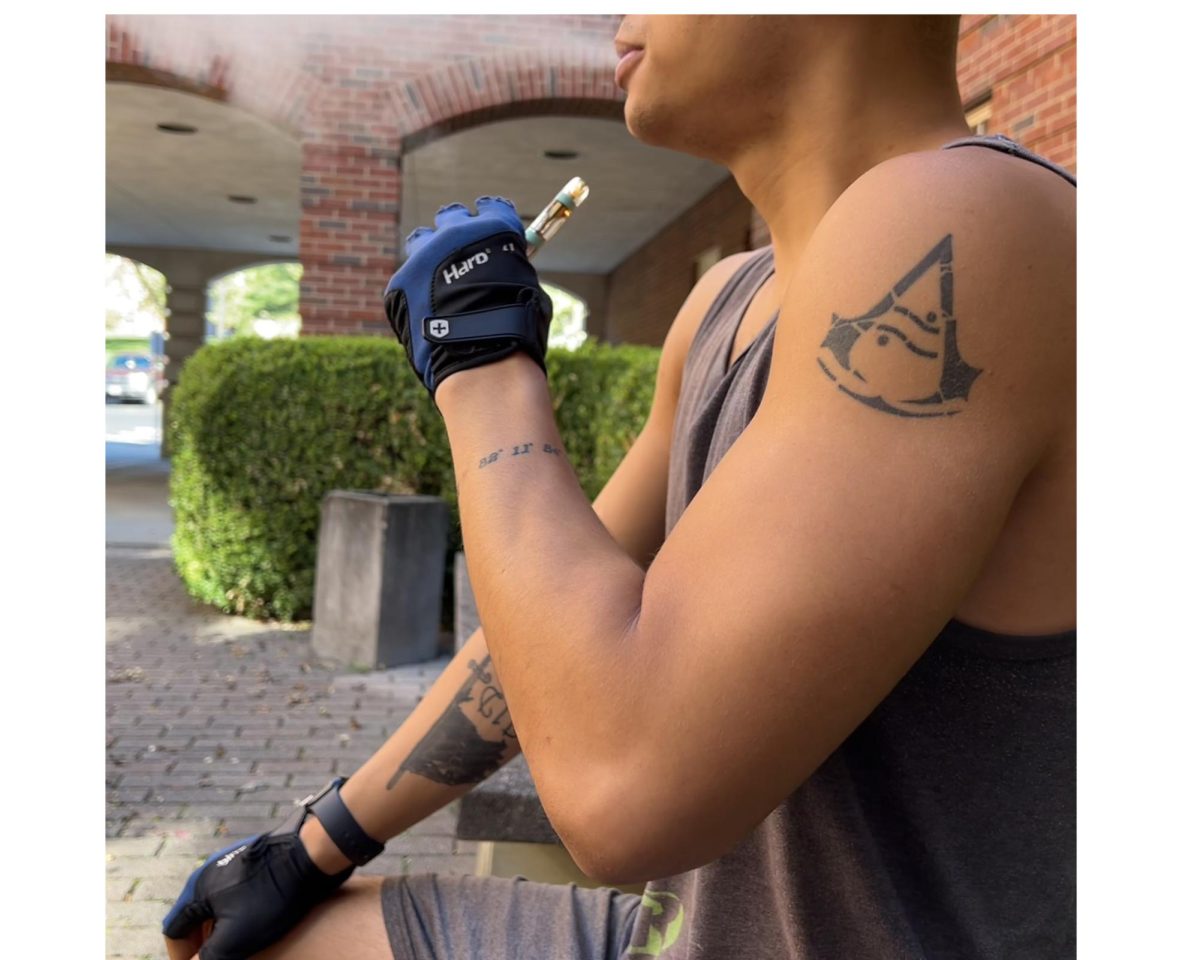I’m an average 42-year-old woman. Something happened to me two years ago that I’d like to tell you about.
It was a few days before the 2016 election. I was away from my family on a two-week research trip to California.
I didn’t realize how tight and expensive the temporary housing market is in Berkeley. By the middle of the first week I had moved outof one crappy Airbnb and into an even worse one.
At the new place the kitchen was wrecked and grungy. I had to eat my meals out.
The first evening there, I left on foot and ordered a beer and dinner at the bar of a nice restaurant. I kept my phone in my purse and tried to live in the real world for an hour.
A man in his late 50s struck up a conversation that I enjoyed. He was funny, interesting, and politically liberal. From a family of Armenian immigrants, he had built a successful business in manufacturing and owned a house in an expensive part of the city. We groused about candidate Trump.
He said he had a girlfriend who was much younger than him, which had its pros and cons. I talked about my husband and kids.
This affable stranger paid my $45 tab when I went to the restroom. Then he said he wanted to show me his favorite place in the neighborhood, right on the next block, because it had a beautiful patio and a live outdoor DJ. I walked over with him.
It was a nice place. I bought us both a sangria and told him I had to leave after that drink. I planned to leave not because I was uncomfortable spending time with him, but because I had to work in the morning.
Then his demeanor changed. The next thing I knew, he was on a video call with his girlfriend. He seemed to be intentionally capturing me in the frame of his camera. From what I could tell, she grew angry and cursed him.
He got off the call and told me he would rather spend time talking to me than to her anyway. At that point I realized he had the wrong idea, so I finished my drink and told him goodnight. He followed me out to the sidewalk, pleading with me to join him “up in the hills” and see his beautiful house. He had old scotch, fine tequila, anything I wanted. I would be safe there, he literally said.
Now I was uncomfortable. I insisted I could not stay out later, and he begged for my phone number. I literally told him, “No way”—I remember saying those exact words. Okay, he said, would I at least take his? I put it in my phone and escaped.
The next evening, I went to a nearby pizza restaurant and ordered a pie for one. Into my second slice, the man came through the door and made straight for me.
He was angry, glaring. “You didn’t call me,” he said. He sat down next to me and leaned in. “Put her on my tab,” he growled at the bartender.
The hairs were standing up on my arms, on the back of my neck. I tried to keep my voice light and low. I don’t remember what I said. His manner was extraordinarily overfamiliar. I have never seen anything like it. He did not know me but was acting like he owned me.
Then I noticed that people sitting and standing at the crowded bar had inched away from us. To either side, other patrons had turned their backs in order to ignore what must have looked like an unsavory, routine lovers’ quarrel. No one would make eye contact with me.
I felt embarrassed. I endeavored to calm him, changing the subject, asking about his evening. I ate some pizza, which tasted like dust.
I walked over to the hostess. I told her the man was harassing me and asked her to take my credit card to the bartender and pay my tab so I could leave.
I thought my problem and my escape plan were obvious, but she wandered away and I was left with no choice but to return to my seat. Then she brought the card over to the bartender, pointed to me and said, “She wants to pay out.”
Of course, the man saw this exchange. He acted hurt as I signed the receipt and slipped my card into my pocket. He ordered me a glass of wine.
I said I had to go to the bathroom. There were windows in the hallway to the bathroom that were in view of the bar. I wondered how to walk back past them without his noticing.
I thought about just staying in the bathroom. I was shaking a little.
But I thought I shouldn’t wait too long so I bolted down the hallway without looking through the windows, out the door onto the sidewalk.
Then I ran for several blocks in my work clothes—a cardigan and wedges. People who saw me running past stared like I was crazy.
I ran beyond my street in case he was somewhere behind me. I took the next street and doubled back along the alley.
And that’s the story of how I ended up at the Women’s March.
—Sarah Siff is webmaster for the Oxford Observer.





